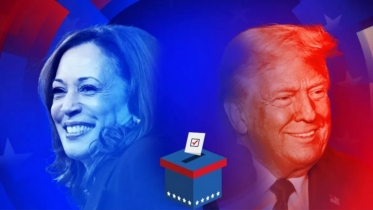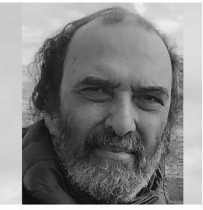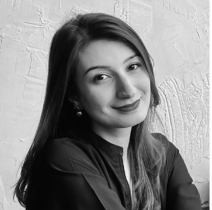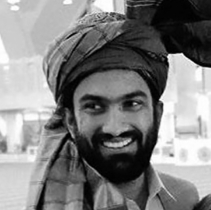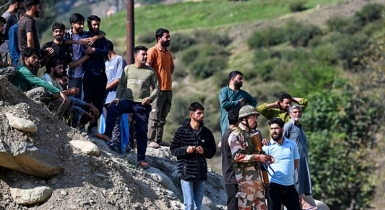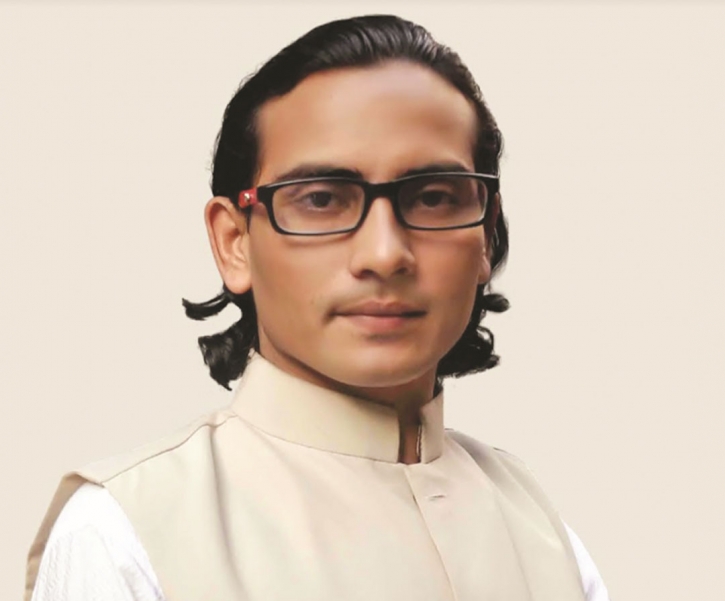
Based on the written guidelines of the Anti-Discrimination Student Movement, 40 dedicated journalists have regained their membership in the National Press Club. These journalists have not only fought on the streets for a principled Bangladesh but have also consistently waged a pen battle for an advancing nation.
In a meeting presided over by National Press Club President Poet Hasan Hafiz, it was announced that out of the 171 members temporarily admitted during the meetings on November 13 and 14, 2014, 42 were unfairly excluded. Similarly, some were unjustly removed during the meetings on July 30, August 5, 2015, and September 27, 2016. Therefore, it has been decided to reinstate their membership. Additionally, the decision was made to withdraw the expulsion order against permanent club member Asaduzzaman Asad. The journalists whose membership has been reinstated include: Atikur Rahman Ruman,Abu Taleb,Syed Mizanur Rahman,Md. Bashir Ahmed, Nasir Uddin Shoaib,Umar Faruq Al Hadi,Mehedi Hasan Palash, Rafique Muhammad, Babul Talukder,Md. Zahirul Islam Chowdhury,Kamar Farid,Muhammad Ashraful Islam,Hamidul Islam Sarkar,Zakir Abu Zafar,Fayzul Bhuiyan,Syed Shamsuzzaman Nippo,Mohammad Shahidul Islam, Sharif Abdul Gofran, Ahsan Habib, AKM Kamruzzaman Hiru, Din Islam, Md. Aminul Haque,Alauddin Arif,Tauhidur Rahman,Md. Khaja Mainuddin,Jahangir Alam radhan,Zahidul Islam Roni,Irtaza Nasim Ali,Monzur Ahmed,Imran Alam,Kanak Sarwar,Khadimul Islam,Kazi Borhan Uddin,Indrajit Kumar Ghosh,Mir Afroz Zaman,Erfanul Haque Nahid,M Saeed Khan, Shamsuddin Didar,Ahmed Karim,Mostafizur Rahman Biplob.
A heartfelt appeal goes out to all those whose memberships have been reinstated to continue journalism with love for the country, to never again serve any party, faction, or group’s purpose. Although I have spent 27 years writing in journalism, I never thought of applying for membership in the National Press Club. My goal is to remain dedicated to the country, and I believe that if one moves forward with that goal, sooner or later, I could be involved not only with the Press Club but also with other important institutions like the Bangladesh Press Institute or the Bangladesh Press Council. The way I have written for 27 years with love for Bangladesh and its people, remaining neutral, the senior journalists who now have to flee would not have had to flee if they had done the same.
It is entirely true that the democratic freedom of expression a nation should have is being hindered in various ways. The government has created an atmosphere of fear through political, legal, and administrative measures. They have done everything possible to restrict the freedom of expression for both the media and citizens. In such a situation, even if a newspaper or media outlet has an independent editorial policy, it becomes difficult to implement it. This is the harsh reality that Bangladesh faces.
This is likely why the Anti-Discrimination Student Movement has called for 51 journalists to be declared national enemies and banned. Today, a written complaint was submitted by the coordinators Abdul Kader and Abdul Hannan Masud of the Anti-Discrimination Student Movement to the President and General Secretary of the National Press Club, requesting necessary action against these journalists. But can they do this? A constitutional question arises here. Still, I would say—journalists and the media are like a surgeon's knife. In the hands of a surgeon, it can save lives; in the hands of a robber, it can take lives. Media institutions are mostly used by the government to justify their misrule with loyal intellectuals dominating the scene.
The presence of 10,000 television channels or newspapers does not guarantee freedom of thought or democracy in Bangladesh. Even though the Anti-Discrimination Student Movement has the highest support from journalists and the media, the interim government claims to be working on reforms, but several laws exist, with the Cyber Security Act being the most discussed. Every state has strategic information that should remain secret for public interest. However, in reality, we see that those responsible for securing the Bangladesh Bank’s computer system have not been questioned or arrested. Yet, journalists are frequently targeted under this law. This reflects the undemocratic and authoritarian mindset within the ruling class.
I do not believe that negotiating with the government or issuing statements will free the media from this undemocratic framework. It is linked to the overall democratic transformation of the state. Although the previous government declared 29 institutions as protected infrastructure, despite protests, they claimed that journalists' work would not be hindered. Yet, not just the 29 institutions, journalists now face obstacles even when collecting news on the streets.
Throughout history and the democratic learning process, when a state and its administration treat citizens as fools, people feel insulted. As part of the people, I feel insulted by the continuous decisions imposed by the current government and the Anti-Discrimination Student Movement. If they are inferior, can you not be superior? With this question, I wish to emphasize that the National Press Club is a national institution. It has always stood up during the nation's troubled times. However, during the fallen fascist government of the Awami League, this institution was turned into a party institution, destroying its image. Is the current government not following the same path? If not, then why were Press Club President Farida Yasmin and General Secretary Shyamal Dutta removed from their positions without notice? Why weren't steps taken to punish their alleged crimes and corruption?
Instead of being held accountable, the Anti-Discrimination Student Movement claims that they were complicit in crimes against humanity, aiding the police and the Awami League and inciting students' bloodshed through provocative talk show statements. If so, why is there no mention of freedom of speech, writing, or journalism in the movement's letter? Why is there a demand to cancel the membership of Probhass Amin, Zayedul Ahsan Pintu, Mozammel Babu, Ashish Saikat, Iqbal Sobhan Chowdhury, Sohail Haider Chowdhury, Farzana Rupa, Arif Zibtek, Ashok Chowdhury, Shahjahan Sardar, Subhash Singha Roy, Azmal Haque Helal, Abul Khayer, Manjurul Islam (DBC), Pranab Saha (DBC), Naeem Nizam (Bangladesh Pratidin), Khairul Alam (Indian intelligence agency agent and DUJ leader), Saiful Alam (Jugantor), Abed Khan, Subhash Chandra Badal, Z.E. Mamun, Jafar Wazed (PIB), Shahnaz Siddiqui (BSS), Saiful Islam Kollol (BSS), Pavel Rahman, Azizul Islam Bhuiyan, Syed Borhan Kabir, Shaban Mahmud, Syed Ishtiaq Reza, Molla Amzad Hossain, Shafiqul Rahman, Abul Kalam Azad, Mamun Abdullah (Independent TV), Soma Islam (Channel I), Shyamol Sorkar (Ittafaq), Ajay Dasgupta (Samakal), Alamgir Hossain (Samakal), Shakil Ahmed (71 TV), Rama Prasad (Samakal), Sanjay Saha Piyal (Samakal), Faraji Azmal (Ittafaq), Anisur Rahman (BSS), Swapan Bosu (BSS), Hasan Javed (NTV), Mithila Farzana (71 TV), Shabnam Azim (71 TV), Enamul Haque Chowdhury, Deepak Kumar Acharjee, and Naimul Islam Khan?
This raises the question of whether this movement is against freedom of expression. If someone commits a crime, let the crime be punished through investigation. However, why is there an effort to marginalize people like Azmal Haque Helal, Saiful Alam, Z.E. Mamun, and Soma Islam, who are the pioneers of impartial journalism? Whose prescription is being implemented here? For those who have always spoken out for human rights, there is no alternative but to ensure an open and fair press. History across the world has always supported the superior, not the inferior.
Therefore, I call upon the current government and all parties involved, including the Anti-Discrimination Student Movement, to walk the path of enforcing laws to curb corruption and anti-state elements. Do not take the law into your own hands but take more strategic steps. This will help Bangladesh progress. Remember, the media is only as brave as its editor. Considering this, think about who owns the media.
The writer is an Acting Editor, Daily PURBAVAS
editor@dailypurbavas24.com

